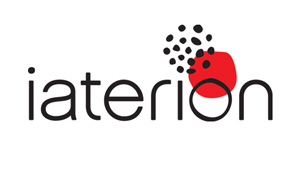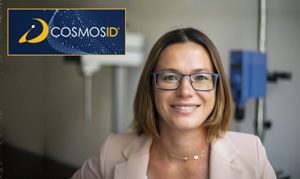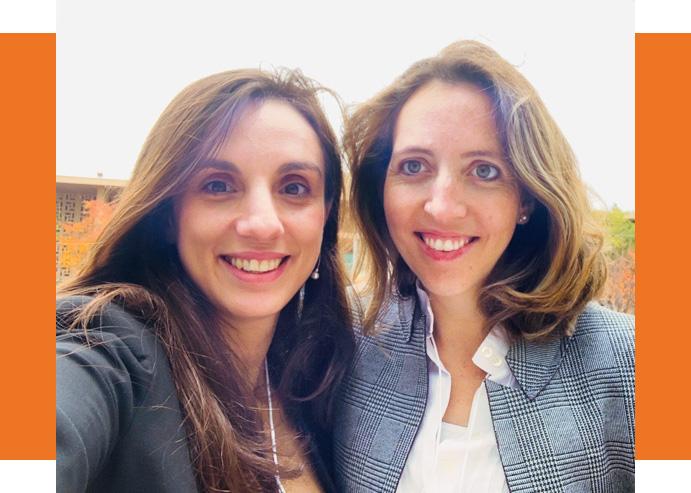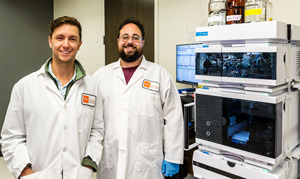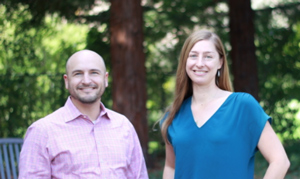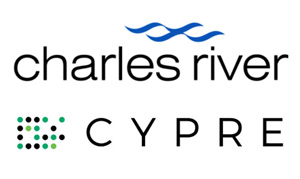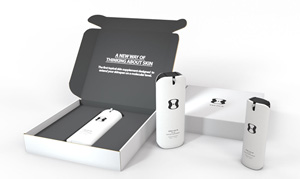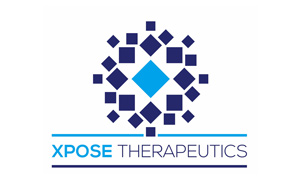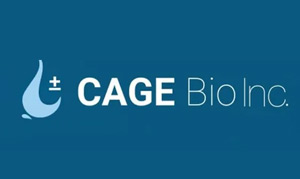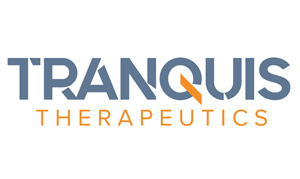by Ron Leuty
Jul 9, 2020
Read original article at San Francisco Business Times
A Stanford University spinout, with a fresh round of $30 million and a superstar scientific founder, is joining the small army of biotech companies trying to find drugs for amyotrophic lateral sclerosis (ALS).
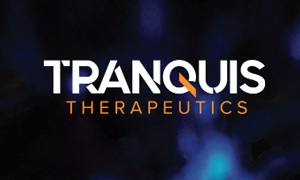 It will be no easy task for Tranquis Therapeutics Inc., but the Series A round, led by Remiges Ventures and GlaxoSmithKline’s venture arm SR One, and a new approach against the neurodegenerative disease known as Lou Gehrig’s disease is pushing the San Mateo company toward a clinical trial early next year.
It will be no easy task for Tranquis Therapeutics Inc., but the Series A round, led by Remiges Ventures and GlaxoSmithKline’s venture arm SR One, and a new approach against the neurodegenerative disease known as Lou Gehrig’s disease is pushing the San Mateo company toward a clinical trial early next year.
Also in Tranquis’ corner is science from the lab of Dr. Edgar Engleman, who co-founded Dendreon Corp. and provided the underlying technology for the groundbreaking but commercially unsuccessful cancer immunotherapy Provenge. Engleman’s work also was spun into cancer-targeting Bolt Therapeutics Inc., a Redwood City company that recently raised $93.5 million.
But Engleman’s scientific focus has switched over the past seven or so years from tapping the immune system to defeat cancer to fixing immune cell dysfunction to fix ALS, frontotemporal dementia, Parkinson’s Disease, Alzheimer’s disease and age-related neurodegenerative conditions.
The company was founded in 2017 and has been running virtually with six full-time-equivalent employees, including President and CEO Dr. Sanjay Kakkar. But Tranquis has taken lab space in the MBC BioLabs incubator in San Carlos and plans to have 18-20 employees within a year, Kakkar said.
The hope behind Tranquis is Engleman’s breakthrough: myeloid immune cells play a key role in inflammation that causes neurodegeneration. Those cells — in the brain they’re called microglia — normally eat up damaged cells and seek out toxic substances to maintain brain health, but when they become overwhelmed by the toxins or the process of aging, they become inflamed and secrete a type of protein, called cytokines, that call up the immune system’s inflammation-fighting reserve troops.
The problem in neurodegenerative diseases is that just causes a vicious cycle of damage to neurons and inflammation, Kakkar said.
Tranquis’ leaders, however, believe they have a small molecule that not only stops cells from being inflamed but restores the ability of microglia to clean up toxic messes in the brain.
“When we do this with the drug in animals, we’re able to see a sustained effect after the drug washes out,” Kakkar said.
Drug makers in the broader neurodegenerative space — and, more specifically, ALS — have found that animal models don’t translate into success in humans.
Tranquis, however, thinks it has another tool to help: a defect in the peripheral blood of patients with neurodegenerative diseases that also is fixed with the company’s drug, called TQS-168. That, Kakkar said, could serve as a biomarker of the drug’s effect in the brain.
“With the biomarker, we think we can move quickly from healthy volunteers to patients,” Kakkar said.
New companies zeroing in on ALS is encouraging, said Cathy Collet, an advocate in Indianapolis for ALS patients and better clinical trials whose mother died from ALS more than 20 years ago.
ALS has been one of the least understood neurodegenerative diseases, mysteriously and progressively robbing muscle function even as patient’s “thinking skills” remain intact.
About five in every 100,000 Americans are diagnosed with ALS per year. There are about 30,000 people in the United States living with the disease.
ALS patients typically die within two to five years of ALS diagnosis.
ALS patients also are some of the best organized, reaching out to companies to design better clinical trials that, among other things, allow patients not in the studies to receive the drugs.
The problem, Collet said, is that the poor understanding of ALS has meant that drug developers’ targets have seemed like “they were throwing spaghetti against the wall.” But drug targets have become more refined, she said, and researchers believe that ALS may need multiple drugs.
“It’s more like, the more they learn, the less they know,” Collet said. “There’s a lot of heterogeneity, so there’s room for more drugs. We’re going to need treatments, plural.”

